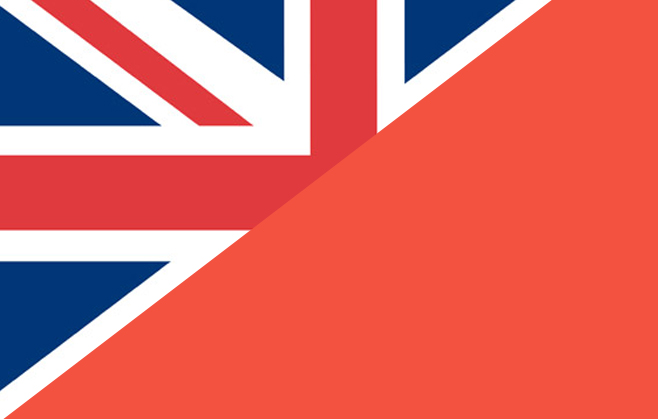
Is social media influencing the General Election?
With our General Election less than 3 months away, we at The Practice were keen to see how social media is playing a part in mobilising voters, and influencing opinion. So which online tactics are being used, and which party is currently heading the digital leader board?
With recent news of the Conservative Party’s £100,000 monthly Facebook spend, it seems that social media has taken an important role in the upcoming election. For the Tories, this amount has gone primarily towards paid media and video content, with David Cameron already having posted 15 videos on his own page since the beginning of the year, and video content on YouTube is geared towards attacking opponent policies. For Labour, Twitter and Facebook are at the heart of the party’s strategy, with news updates continuously posted and repeated. But Facebook engagement is clearly a top priority for all parties, with the Election likely to be the primary talking point for the first half of this year. In 2013 for instance, political elections in general were the second most talked about topic globally, and the third most talked about last year. Added to this, what’s interesting is the fact that offline statistics such as party membership is at an all time low, whereas the number of social media followers are showing a high- total Facebook likes of Labour, the Conservatives and The Lib Dems together stand at around 1.2 million.
But is social following an indicator of electoral success? If that were the case, it would seem that we are set for a Labour victory, as the party currently take the lead with just over 177,000 Twitter followers, closely followed by the Conservatives with 136,000. And Labour posts on average double the amount of tweets than their rivals- around 222 per day to the Conservatives’ 120, which seems like an extraordinary amount. Numbers of course don’t tell the full story, as it is about how each party uses social media to engage, that really counts. It can be argued that social media certainly helped to ensure success for President Obama in his last two elections, with online being the medium for party fundraisers to reach out to potential voters on a personal level.
However, not all agree that there is a correlation between social media statistics and the outcome of the election. For example, Richard Huntington, group chief strategy officer at Saatchi & Saatchi, stated; “Social media is massively overrated. [...] It’s great at preaching to the converted and distributing leaders’ speeches or policy points, but political messaging rarely escapes its bubble, unless it’s very amusing.” Indeed, while this election is being dubbed the “first social media election”, the phrase was wrongly used for the previous one, which failed to see results. It’s likely that this too will not be dictated by social media activity. Social however, is playing an important part in reinforcing each party’s political messages, with news also at the centre of the campaign- before stories are covered in traditional form. We see social media as another outlet to reach potential young voters, in conjunction with traditional media, likely to be picked up by older audiences. Perhaps it is simply a way to increase reach, rather than indicative of results- but either way, we’ll be interested to see whether this year, there is ultimately any link. Currently, analysts are suggesting that no one party is truly “winning” the social media race, so it will also be exciting to see how this progresses.
Have you been following each party’s action on social media? And do you think there is a correlation between social media success and the election’s outcome? We’d love to hear your thoughts, so please tweet to us @PracticeDigital and share your comments on our Facebook page.




